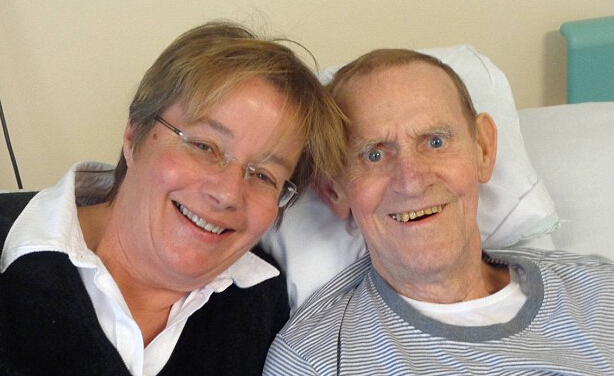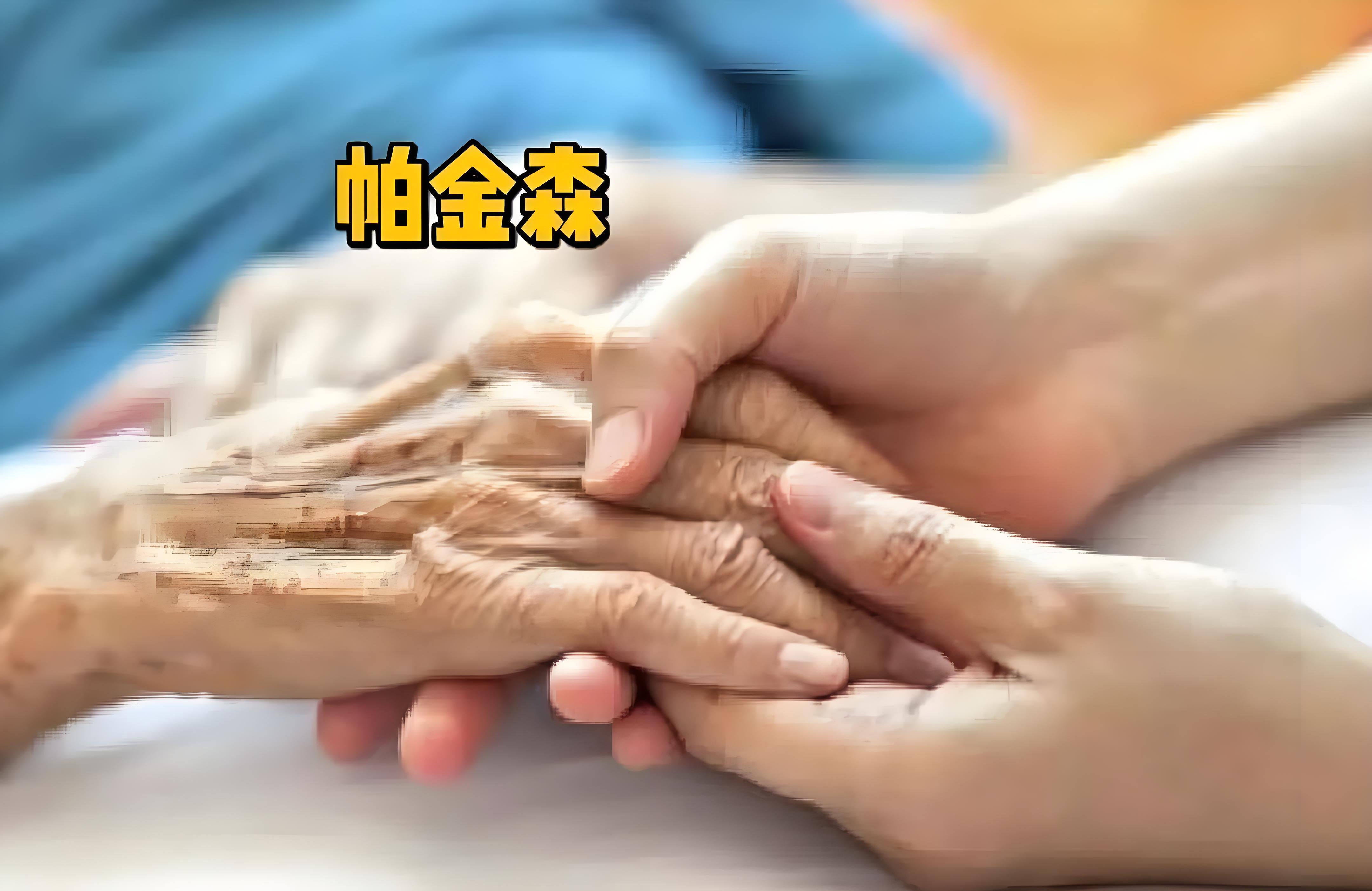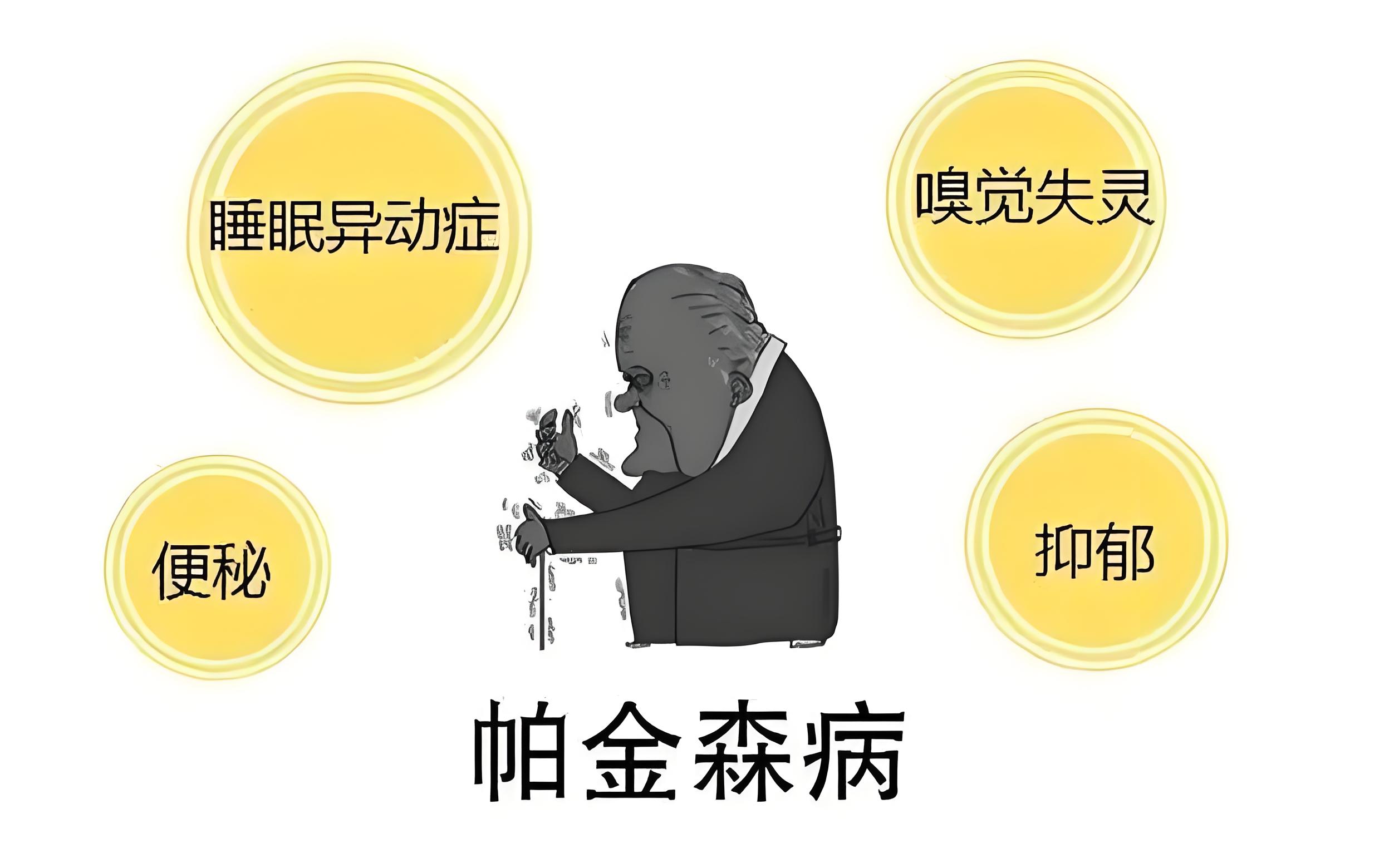
一个严重的肠道感染在一个人经历了粪便移植治愈后,由他的女儿捐赠的粪便,痊愈了。Len巴尼斯棚三石为他战斗的危及生命的疾病发作的腹泻,难辨梭状芽孢杆菌,痛苦。
他失去了他的食欲和忍受持续疼痛。尽管在住院长时间的抗生素的众多,75岁的他没有显示出改善的迹象。然后,专家建议粪便移植。“我从来没有听说过,”巴尼斯先生说。”我认为,“来吧,你把米奇”。
但我和我的医生解释说,健康人的粪便粪便混合和传送回我的内脏混合用温水将给人的健康的细菌有机会与我的坏细菌战。当胃肠病学家克里斯威尔斯提出的问题找到一个合适的供体,巴尼斯先生的女儿戴比走。2岁的粪便进行了测试,以确保他们远离有害细菌适宜的和自由的。
从巴尼斯先生,斯托克顿,然后考入北通大学医院。该程序的目的是重新平衡肠道内的细菌,通过引入细菌从健康人的粪便。一旦巴尼斯女士便被批准,他们与水混合,过滤。该溶液然后被移植到巴尼斯先生的肠道通过内窥镜-长的,薄的,柔性管具有一个光源和一端的摄像机。“我有一点镇静但所有发生在内镜检查单位的屏幕看着它,”他说。
“我很有趣。我知道这工作马上。第二天,威尔斯博士说,我可以回家了,一切都恢复正常了。”威尔斯博士,说:“粪便移植听起来不那么吸引人但它在患者像Len非常有效的救济。移植从一个人到另一个的粪便似乎有点不寻常的实际上是用健康的肠道细菌感染的抵抗。“我们的肠子是挤满了数十亿计的细菌和保持健康的一个重要的角色。”威尔斯博士说,有在信任的艰难梭菌病例的数量在过去几年显著减少,但它知道粪便移植是现在一个选项的治疗条件安心。
去年国家卫生保健卓越研究所3月公布的新的指导方针,命名粪便移植作为一个公认的形式对艰难梭菌感染的治疗。专家认为程序是被用来在NHS足够安全”。七项研究的分析,包括558例患者,发现几乎所有的患者均治愈。在一项研究中,感染回来大约有20患者在五周相比,超过一半的患者给予抗生素。在另一项研究中,感染回来在50个病人中有一个29天和四年之间的粪便移植后。很好的总结并如果移植是从一个相对或陌生人没什么区别,或如果移植已被冻结或不。
原文
Daughter's POO cures father of life-threatening infection: Pensioner struck by superbug undergoes faecal transplant to eradicate the illness
A man stuck by a serious bowel infection has been cured after undergoing a faecal transplant, with stools donated by his daughter.Len Barnes shed three stone as hebattled the life-threatening condition Clostridium difficile, suffering bouts of diarrhoea.He lost his appetite and endured continuous pain. Despite numerous courses of antibiotics during long spells in hospital, the 75-year-old was showing no signs of improvement.
It was then that specialists suggested a faecal transplant.'I'd never heard of it before,' said Mr Barnes. 'I thought, "come on, you're taking the mickey".'But my doctor explained that mixing healthy poo with my poo - and transferring it back into my bowel mixed with warm water - would give someone's healthy bacteria the chance to fight with my bad bacteria.
And when gastroenterologist Chris Wells raised the issue of finding a suitable donor, Mr Barnes' daughter Debbie stepped in.
The 52-year-old's stools were tested to ensure they were suitable and free from harmful bacteria.Mr Barnes, from Stockton, was then admitted to the University Hospital of North Tees.The procedure aims to re-balance the bacteria in the gut, by introducing bacteria from the faeces of healthy people.
Once Ms Barnes' stools were approved, they were mixed with water and filtered.
The solution was then transplanted into Mr Barnes' gut via an endoscope - a long, thin, flexible tube that has a light source and a video camera at one end.
'I had a bit of sedation but watched it all happening on the screen in the endoscopy unit,' he said.
'I was interesting. I knew it had worked straight away.'The next day Dr Wells said I could go home and everything was back to normal.' Dr Wells, said: 'Faecal transplantation doesn't sound very appealing but it's a very effective remedy in patients like Len. 'Transplanting faeces from one person to another does seem a bit unusual but actually it's using healthy gut bacteria to fight off infection.
'Our bowels are packed full of billions of bacteria and these play an important role in maintaining health.'
Dr Wells said there had been a significant reduction in the number of C-diff cases in the trust over the past few years but it was reassuring to know that faecal transplant was now an option to treat the condition.In March last year the National Institute for Health and Care Excellence published new guidelines, naming faecal transplants as a recognised form of treatment for C-diff infections.
Experts deemed the procedure is 'safe enough to be used in the NHS'.
An analysis of seven studies, involving 558 patients, revealed nearly all patients were cured.In one study, the infection came back in around one in 20 patients within five weeks, compared with more than half of the patients given antibiotics.
In another study, the infection came back in around one in 50 patients between 29 days and four years after faecal transplant. Nice concluded it didn't make much difference if the transplant was from a relative or stranger, or if the transplant had been frozen or not.



